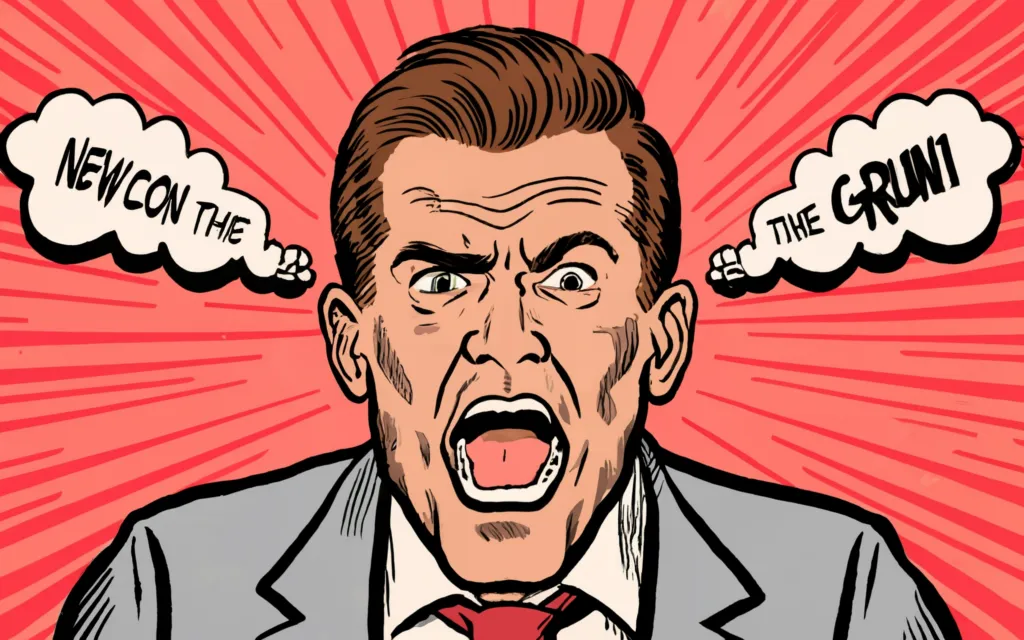Table of Contents
Have you ever heard the sound of an angry grunt and wondered what it truly means? The sound of an angry grunt NYT is more than just noise. It’s a raw, emotional expression that can reveal much about a person’s mind. This article will explore the depth behind this sound, its origins, and its impact on daily life.
The Origins of the Angry Grunt
Why Do We Grunt When Angry?

When we’re angry, our bodies react in various ways. The sound of an angry grunt NYT can be traced back to our primal instincts. It’s a way for our body to release tension and express frustration without words.
- Natural Reaction: Like animals growl when threatened, humans grunt when upset. This sound signals that something is wrong.
- Physical Release: Grunting helps release pent-up energy and can prevent more aggressive behaviors.
Historical Context of Angry Sounds
Throughout history, humans have used sounds to communicate emotions. The sound of an angry grunt NYT has been a part of our vocal expression for centuries.
- Ancient Times: In ancient societies, loud grunts were used in battles to intimidate enemies.
- Cultural Variations: Different cultures express anger uniquely, but the grunt is a common thread.
The Psychology Behind an Angry Grunt
What an Angry Grunt Reveals About Your Emotions
The sound of an angry grunt in NYT indicates underlying emotions. It can reveal feelings of frustration, helplessness, or intense anger.
- Emotional Depth: A grunt can express what words sometimes cannot. It’s a raw, unfiltered sound of pure emotion.
- Immediate Reaction: Unlike calculated verbal responses, a grunt is spontaneous and reflects immediate feelings.
The Impact of Grunting on Your Mental Health
Releasing emotions through grunts can have both positive and negative effects on your mental health.
- Positive Release: Grunting can quickly release anger, preventing it from building up inside.
- Negative Consequences: Frequent grunting might indicate unresolved anger issues that need attention.
The Social Implications of an Angry Grunt

How Others Perceive Your Angry Grunt
The sound of an angry grunt in NYT doesn’t just affect the person who grunts and those around them.
- Perception: Others might see the grunt as a sign of aggression or lack of control.
- Response: People around you might react with fear, concern, or even anger in return.
Angry Grunts in Different Social Settings
Grunting can have different implications depending on the social setting.
Also Read: Exploring the Joyciano Philosophy: A Pathway to Inner Happiness
- At Home: Family members might understand your grunts better and respond with support.
- At Work: In professional settings, grunting can be seen as unprofessional and might harm your relationships with colleagues.
Managing the Sound of an Angry Grunt
Techniques to Control Your Angry Grunts
Managing the sound of an angry grunt NYT can improve your interactions and emotional health.
- Deep Breathing: Try deep breathing to calm your nerves when you feel a grunt coming.
- Pause and Reflect: Take a moment to understand why you’re angry before expressing it through grunts.
Healthy Alternatives to Grunting

Instead of grunting, consider these healthy alternatives to express your anger.
- Verbal Expression: Use words to explain why you’re upset. Clear communication can resolve conflicts more effectively.
- Physical Activity: Engage in physical activities like running or boxing to release anger healthily.
The Sound of an Angry Grunt in Media
Representation in Movies and TV Shows
The sound of an angry grunt in NYT is often used in media to depict intense emotions.
- Character Development: Directors use grunts to show a character’s frustration or rage, adding depth to the storyline.
- Audience Impact: Viewers can relate to the sound of a grunt, as it mirrors real-life emotional expressions.
Influence on Popular Culture
Angry grunts have also made their way into popular culture and everyday language.
- Memes and Social Media: The sound of an angry grunt NYT has become a popular meme, reflecting our collective experiences with anger.
- Music and Art: Artists use grunts to convey raw, powerful emotions.
Closing Thoughts
The sound of an angry grunt NYT is a powerful expression of human emotion. It’s a natural reaction to frustration and anger rooted in our primal instincts. Understanding the origins, psychology, and social implications of this sound can help us manage our emotions b
FAQs:
What is the “sound of an angry grunt”?
It’s a primal, involuntary noise people make when angry. Think of it as a raw, emotional outburst.
Why did the NYT write about it?
The NYT explored the universal nature of anger and how this simple sound reveals deep emotions.
What does the grunt mean?
The grunt is a window into someone’s frustration or rage. It’s a nonverbal way to express strong negative feelings.
Is grunting normal?
Absolutely! Grunting is a common human response to anger. It’s a natural way to release built-up tension.




